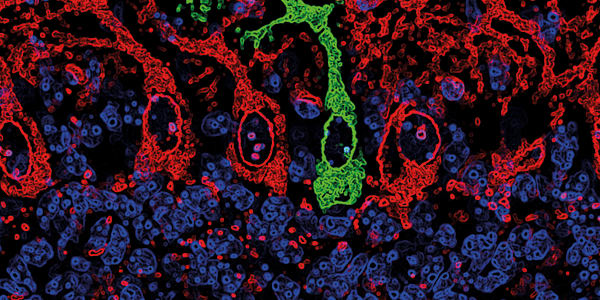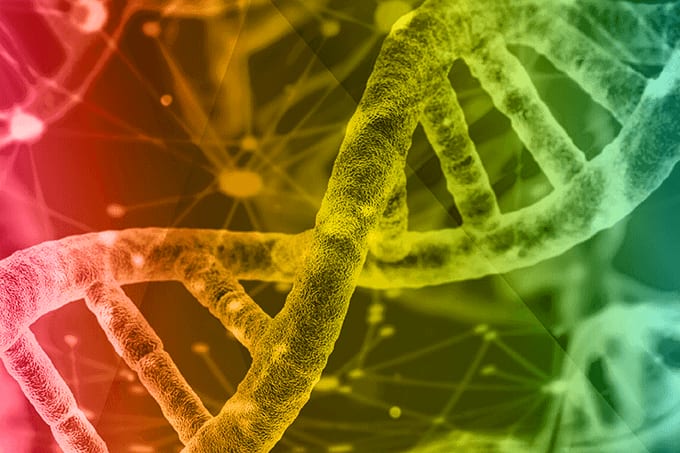What stat tests would you run on a patient with a traumatic brain injury? A CT scan? An MRI? Your thoughts may not immediately turn to blood testing, but new work by the University of Pennsylvania and the University of Michigan suggests that blood taken just after a brain injury can give us information about the patient’s prognosis (1).
The research focuses on two proteins, glial fibrillary acidic protein (GFAP), which is found in glial cells, and ubiquitin C-terminal hydrolase L1 (UCH-L1), which is found in neurons. Blood tests using this pair were approved by the US Food and Drug Administration in 2018 for use in determining whether a patient should have a CT scan after brain injury (2).
Now, researchers are interested in whether the GFAP–UCH-L1 pair can tell us how a patient’s brain function will fare after a traumatic injury. The study looked at available day-of-injury blood data from 1,696 patients and compared them with the same patients’ six-month assessments. The researchers ultimately found that GFAP and UCH-L1 plasma concentrations were strongly correlated with death (1). In fact, death prediction performed at a probability rate of 87 percent for GFAP and 89 percent for UCH-L1. For cases in which patients were left significantly disabled, both biomarkers achieved an 86 percent accuracy.
Where the tests fell short, however, was in predicting recovery, with accuracy reported at 62 percent for incomplete recovery and 61 percent for complete recovery. Seeing this, the researchers investigated whether testing both proteins at the same time and combining that information with other factors, such as age, increased accuracy.
Using this method, prediction accuracy in patients with moderate to severe TBI rose to 94 percent and 89 percent, respectively. The increase was smaller in patients with milder injuries, but accuracy in those cases nonetheless increased to 69 percent. These results corroborate previous findings and, though the tests were less effective at predicting factors such as incomplete recovery by six months, they demonstrate great potential for future use in predicting brain function, mortality, and more.
References
- FK Korley et al., “Prognostic value of day-of-injury plasma GFAP and UCH-L1 concentrations for predicting functional recovery after traumatic brain injury in patients from the US TRACK-TBI cohort: an observational cohort study,” Lancet Neurol, 21, 803 (2022).
- US Food and Drug Administration, “FDA authorizes marketing of first blood test to aid in the evaluation of concussion in adults” (2018). Available at: https://bit.ly/3P3WsLo.




